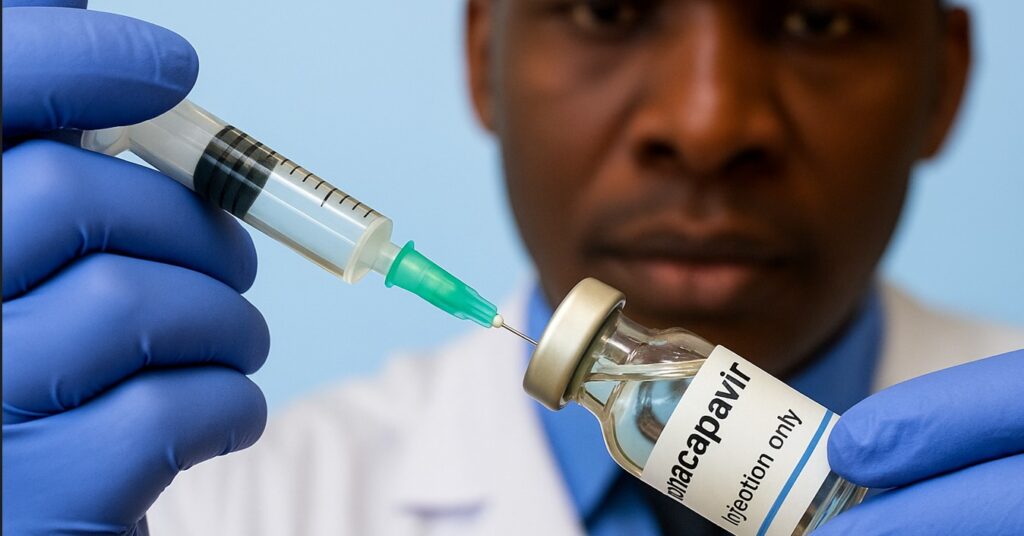Globally, an estimated 120,000 children acquired HIV in 2024, with most infections resulting from mother-to-child transmission in southern Africa. This region continues to face a high HIV burden, particularly among pregnant and lactating women. During pregnancy and the postpartum period, women’s risk of HIV acquisition doubles, increasing the likelihood of vertical transmission to their infants. To address this challenge, innovative prevention methods are being explored, including long-acting injectable pre-exposure prophylaxis (PrEP) such as lenacapavir (LEN).
Lenacapavir is a novel long-acting antiretroviral with proven efficacy and safety demonstrated in large-scale clinical trials. It offers an alternative to traditional oral PrEP methods, which often face challenges related to daily adherence. For women navigating pregnancy and early motherhood, the simplicity and convenience of injectable PrEP could transform HIV prevention strategies.
Health experts are urging policy makers and programme implementers to prioritize pregnant and lactating women in the roll-out of lenacapavir for PrEP. Despite their heightened vulnerability, this group remains underrepresented in prevention programs. Expanding access to lenacapavir in maternal health services could be a turning point in reducing new HIV infections among women and infants in high-burden regions.
The concept of the “two for two” approach underscores lenacapavir’s unique potential. With just two injections, a woman can receive sustained protection throughout pregnancy, delivery, and breastfeeding—critical stages when the risk of HIV transmission is highest. This approach provides a dual benefit: safeguarding maternal health while preventing HIV infection in infants.
Beyond its clinical advantages, lenacapavir represents a cost-effective intervention. Fewer doses reduce logistical and financial burdens on health systems while ensuring long-term protection. Integrating this strategy into antenatal and postnatal care services could streamline prevention efforts and enhance outcomes for mothers and their babies.
The introduction of long-acting PrEP for pregnant and lactating women marks a significant step toward eliminating vertical transmission of HIV. By embracing innovative prevention tools like lenacapavir and focusing on populations most at risk, global efforts can move closer to achieving an HIV-free generation. The two for two approach exemplifies a powerful, practical solution—protecting both mother and child through simplicity, science, and sustained care.

